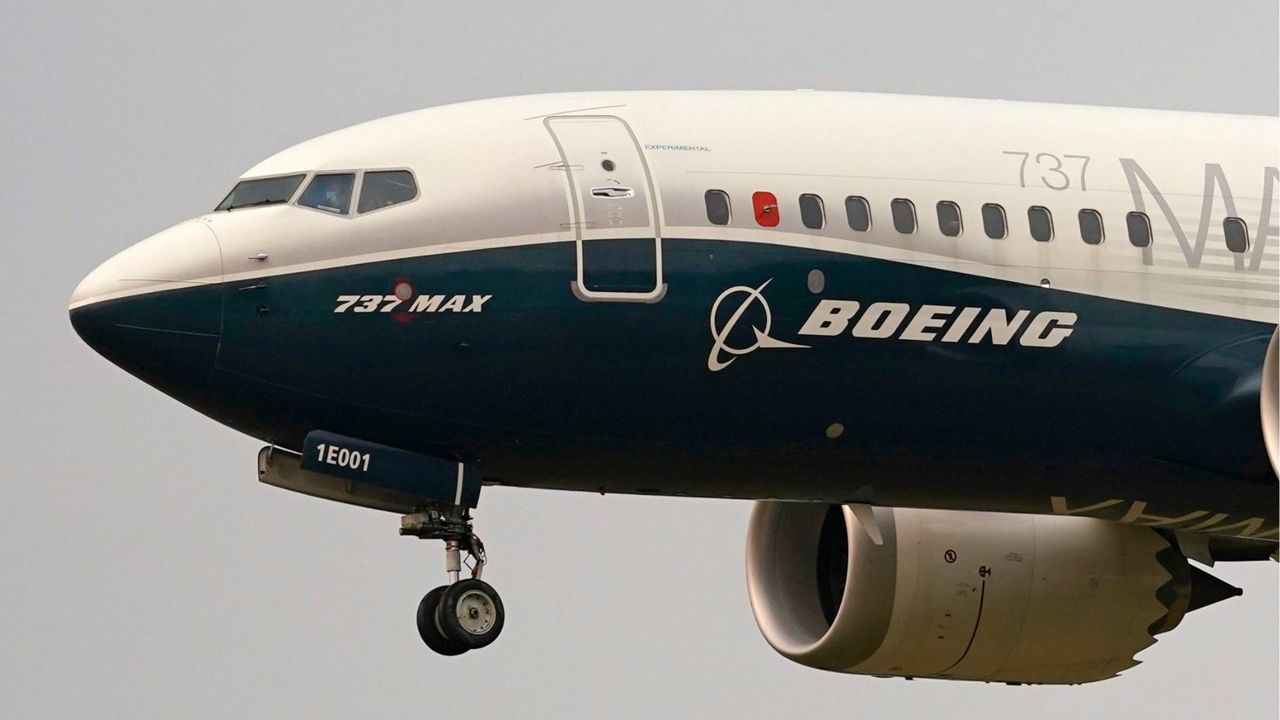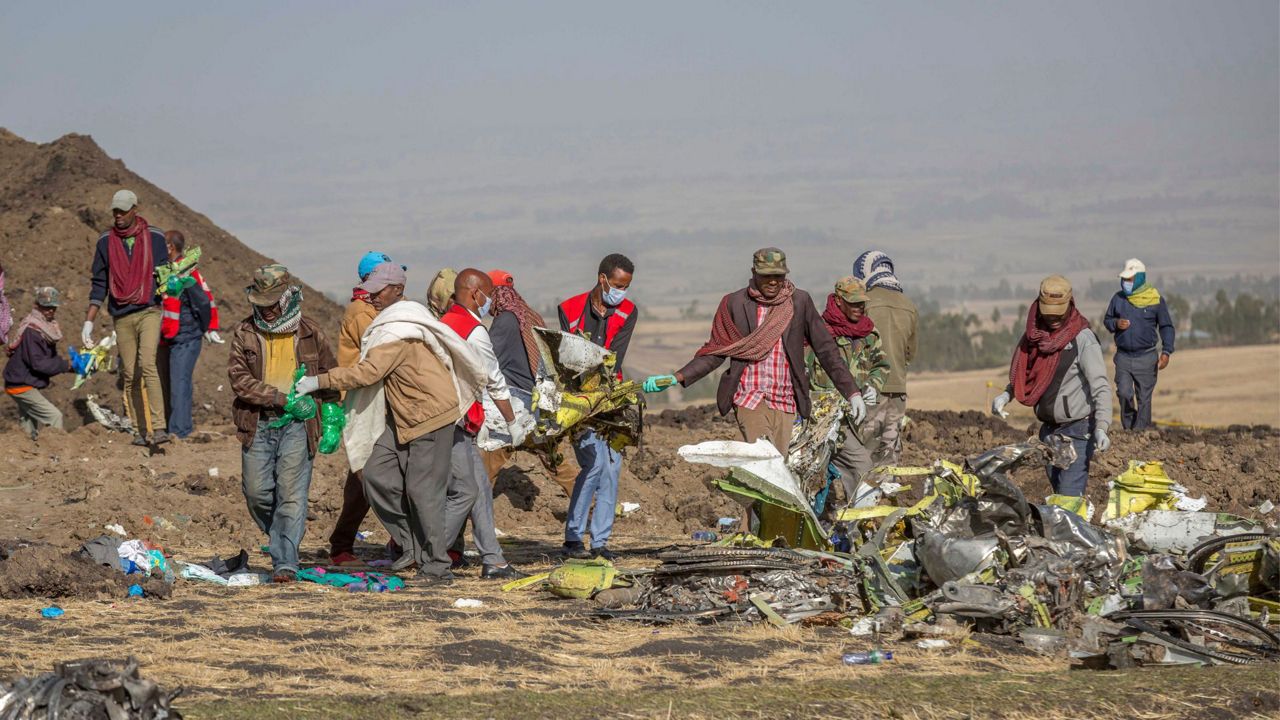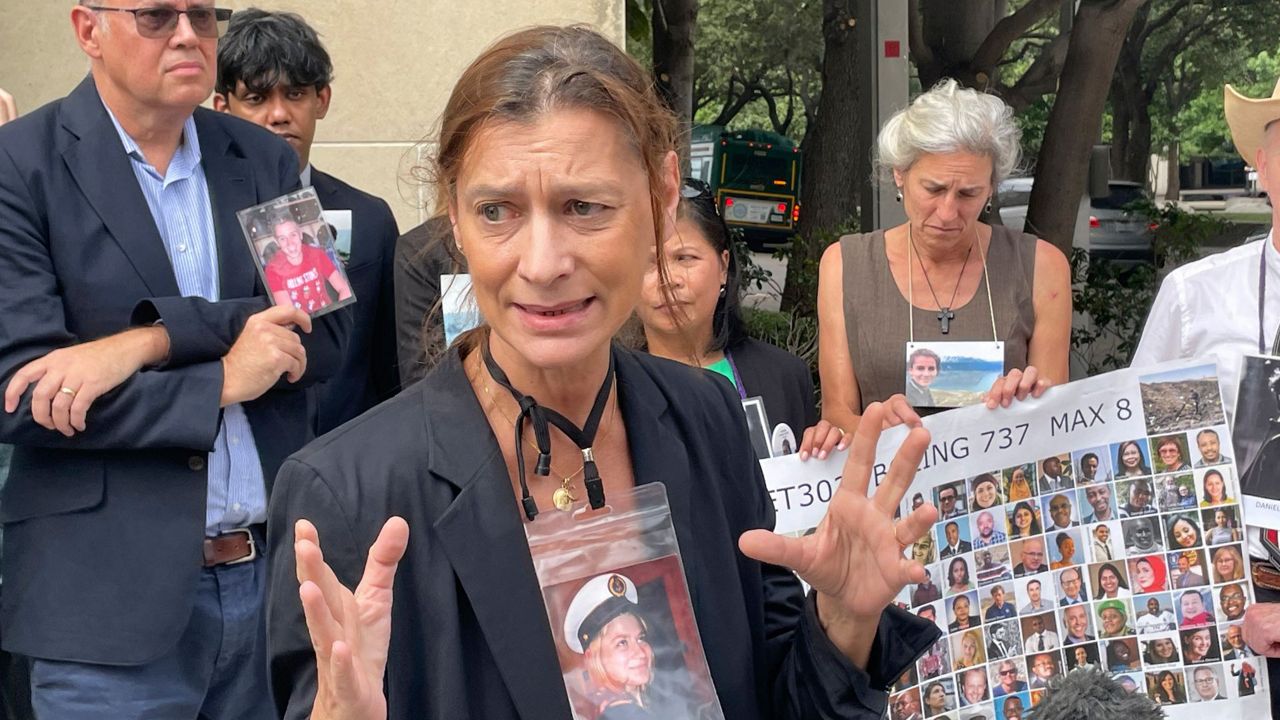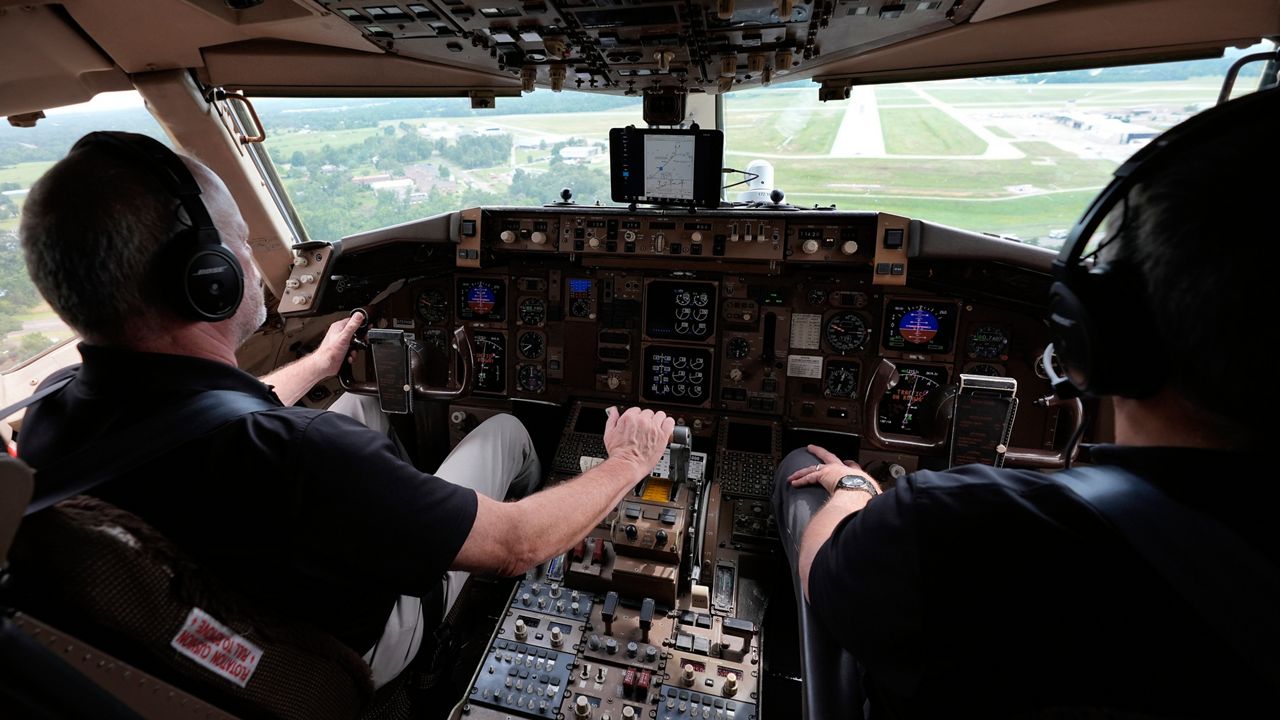DALLAS — Lawyers for relatives of some of the people killed in Boeing Max jetliner crashes asked a federal judge on Wednesday to reject a plea agreement the aircraft maker struck with U.S. prosecutors, saying it is too lenient and lets Boeing avoid accountability for causing 346 deaths.
Some of the lawyers argued that the Justice Department has treated Boeing lightly because the company is a major contractor to the U.S. government.
Boeing agreed on July 7 to plead guilty to a single count of conspiracy to commit fraud to settle allegations that it deceived the Federal Aviation Administration regulators who approved the 737 Max and then broke a 2021 settlement that would have let the company escape criminal prosecution.
Under this month’s deal, Boeing would pay a fine of at least $243.6 million, invest $455 million in compliance and safety programs, and be placed on probation for three years. The Justice Department and Boeing would pick a monitor to oversee the company’s compliance.
U.S. District Judge Reed O’Connor in Fort Worth, Texas, can accept the corporate plea agreement and the proposed sentence, or reject the deal, which likely would lead to new negotiations between Boeing and prosecutors.
Lawyers for relatives of some of the passengers killed in two 737 Max crashes — in Indonesia in 2018 and in Ethiopia in 2019 — asked the judge to reject the deal and instead schedule a jury trial within 70 days.
One of the lawyers, Paul Cassell, said “the only way to assure public confidence in the outcome here is for the court — not the parties — to determine the appropriate sentence.”
Cassell included redacted information that he said gave further evidence of Boeing wrongdoing and was filed under seal as part of civil lawsuits against the American aerospace giant.
“Perhaps this deal serves the public interest — although in the sections that follow, the families argue strenuously to the contrary. But what cannot be debated is that the parties are attempting to force the court to swallow the deal whole,” Cassell wrote.
In a separate motion, Adrian Vuckovich, a lawyer for relatives of victims of the first crash, said the Justice Department has favored Boeing over the families because Boeing is a big government contractor.
“To actually charge Boeing and its senior management with the actual crimes committed, including the homicide of 346 passengers, would make any explanation of ongoing business dealings difficult and uncomfortable, particularly in an election year,” Vuckovich wrote.
Sanjiv Singh, a lawyer for another group of families who had relatives killed when Lion Air Flight 610 went down in the Java Sea, joined Cassell in asking Judge O’Connor to reject the plea deal. Singh’s filing said that as many as 70 families in Southeast Asia were denied adequate restitution because they were “pressured to sign likely illegal releases which preyed upon them at their weakest, most vulnerable moments” soon after the October 2019 crash.
The families’ lawyers also argued that the size of the fine Boeing would pay was far too small. They further argued that the court, and not the Justice Department, should pick the monitor to oversee Boeing during its probation.
Boeing declined to comment Wednesday. The company and the Justice Department have 14 days to respond to the families’ filings.









